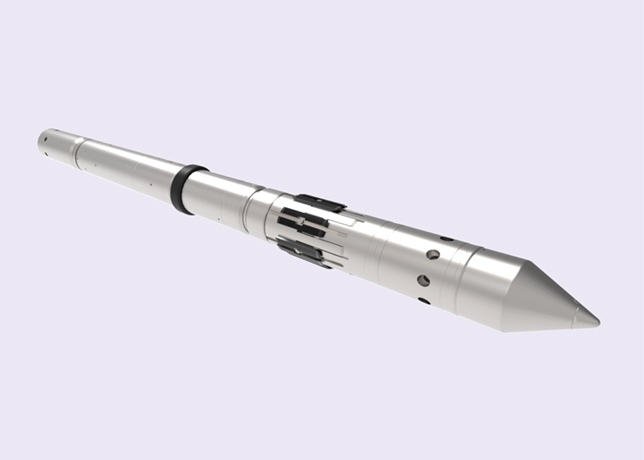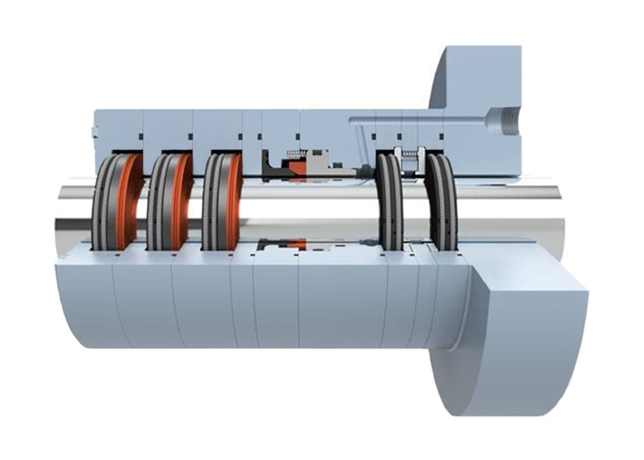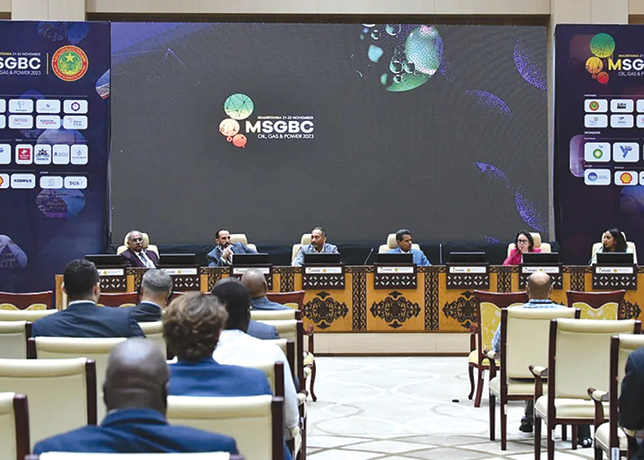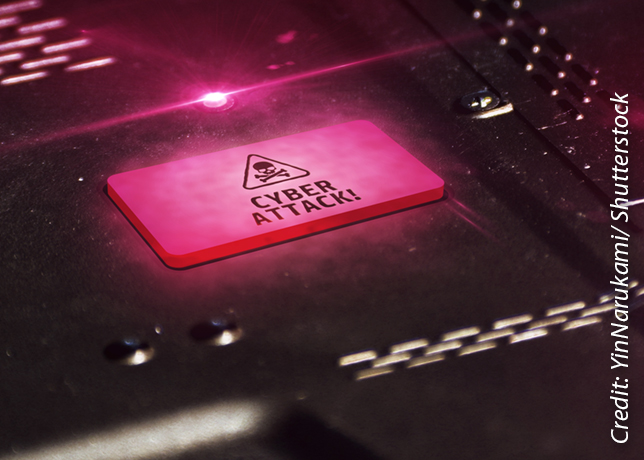
 Oil and gas installations to see new RFID technology safe-guarding processes
Oil and gas installations to see new RFID technology safe-guarding processes
Raem, the Saudi-based technology firm, has formed a collaborative partnership with Texas Instruments to offer clients the best of the Radio Frequency Identification (RFID) technology across the gulf and beyond.
Texas Instruments (TI) Incorporated is one of the world leaders in digital signal processing and analog technologies, the semiconductor engines of the Internet age. TI, also being a leader in the real-time technologies that help people communicate, is moving fast to drive the Internet age forward with semiconductor solutions for large markets such as wireless and broadband access and for new emerging markets such as digital cameras and digital audio.
“TI envisions a world where every phone call, every Internet connection, every photograph you take, every song you listen to are touched by the power of TI’s Digital Signal Processor (DSP) and Analog technologies. That dream is coming true. TI is making it happen right now.” claims the firm.
Raem says, “our strength lies in our ability to develop and bring to the market high quality, innovative software products. Our professionals are developing and maintaining these products using the latest integrating and deployment techniques. We solicit opinions from our customers and do our best to make sure that our solutions live up to the expectation of our users.”
Sole distributors for Saudi Arabia, Raem Trading Establishment specializes in vehicle activities tracking and global positioning systems; video conferencing, monitoring and surveillance systems; customised and of-the-shelf software packages; network engineering, equipment and accessories; VoIP and telecommunications; RFID, security devices and systems; and IT consultancy
Radio frequency identification (RFID) is an automatic data capture (ADC) technology that comprises small data-carrying tokens (“tags”), and fixed or mobile scanners (“readers”). Tags are attached to or embedded in objects to be identified. Readers may be installed at locations where data capture is required, and may also be in the form of portable readers. Data captured from tags is transferred between distributed readers and a host environment via wire or wireless serial communications links.
Readers and tags communicate using low power radio frequency (RF) signals. Tags typically are based on a custom designed silicon integrated circuit. Data may be read from and written to tags by readers. Through the application of RFID, items may be tracked automatically and without human intervention, minimizing time involved in identification processes, and with high integrity of data capture.
Raem is working with the leading RFID technology provider, Texas Instruments to create RFID capable product platforms that will enable its clients to benefit from integrated technology solutions employing an optimum mix of RFID, and other advanced technologies such as biometrics, 1D/2D/3D Barcodes, camera based monitoring and surveillance.
Raem is initially focusing on strategic applications where RFID can be harnessed as a core component to allow clients to more effectively prevent fraudulent activities, efficiently track documents and consignments from various sources, and to emphasize and implement security.
Other opportunities that Raem and its partners are already pursuing include military logistics, parcel and postal service logistics, transportation fleet management and corporate asset control.
Applications of the technology include access control; airline baggage identification; automotive applications; document tracking and management; livestock tracking; logistics and EPC/Supply chain; parcel IDs and product authentication; wireless commerce applications; sports timing and ticketing.











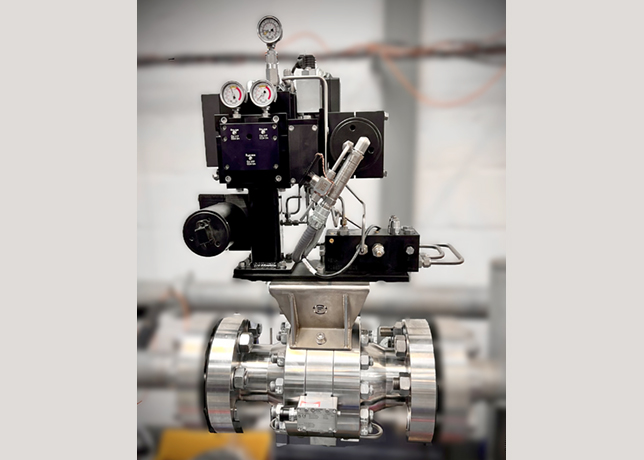
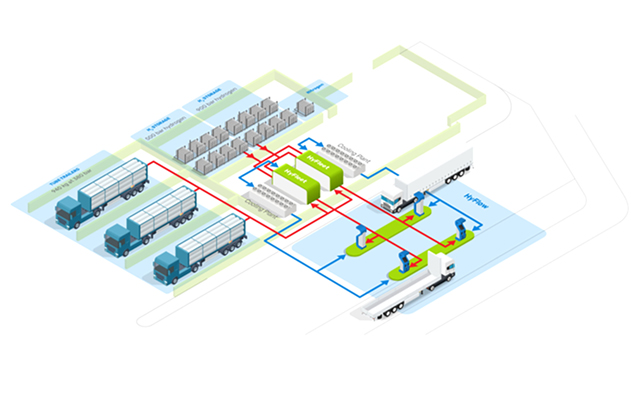


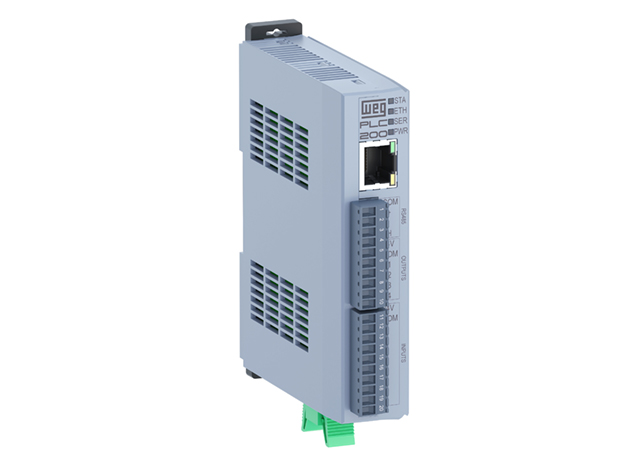
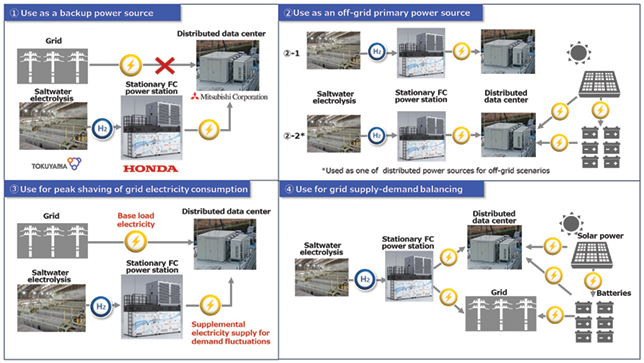








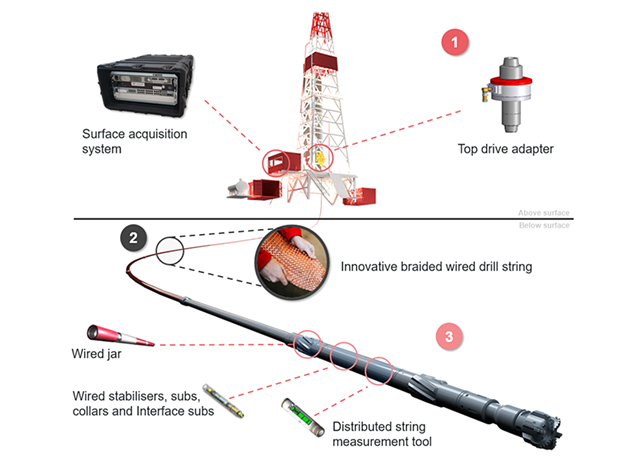






-is-one-of-the-world.jpg)

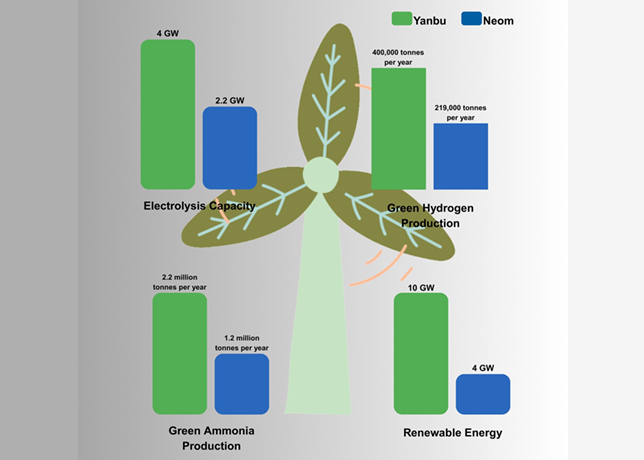




-(4)-caption-in-text.jpg)
